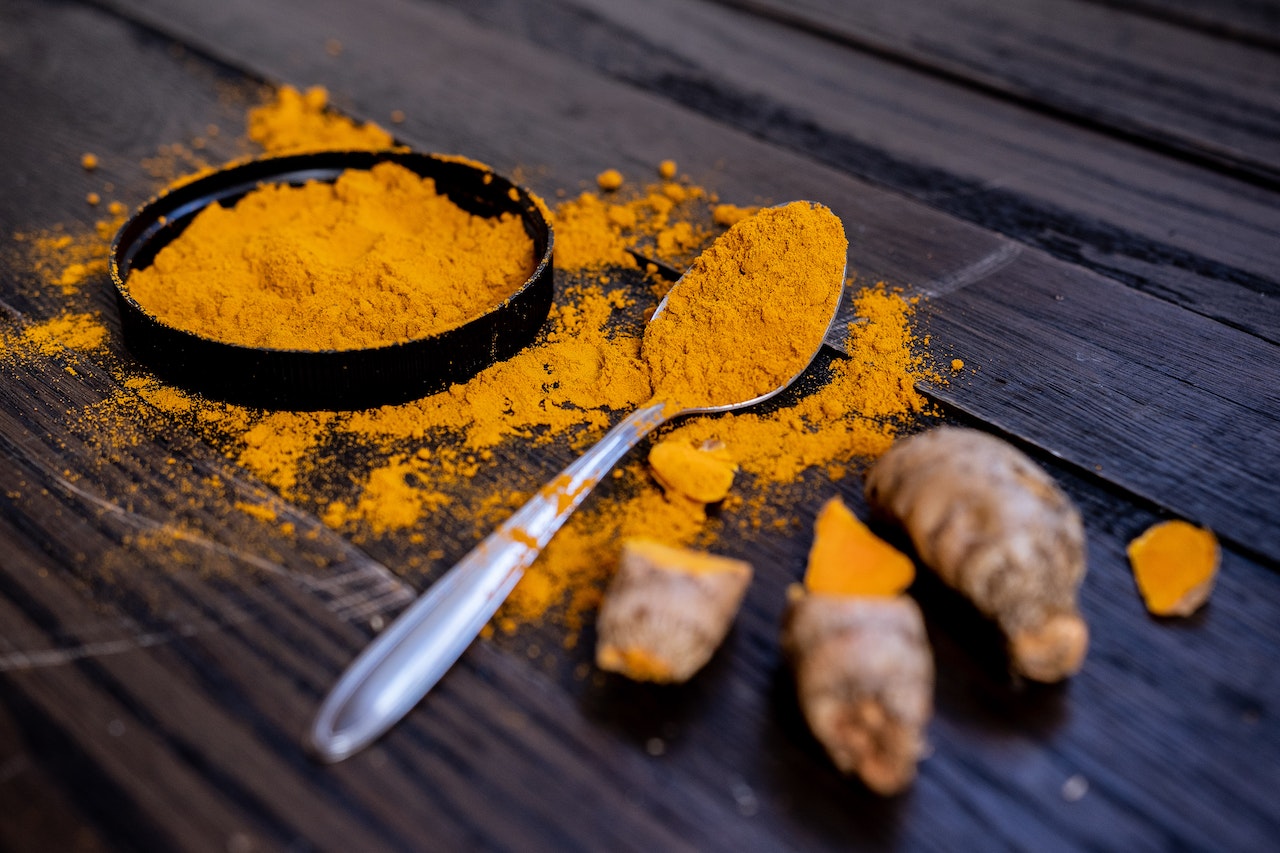Turmeric is a vibrant yellow spice commonly used in Indian and Southeast Asian cuisines. It contains an active compound called curcumin, which is responsible for its distinctive color and numerous health benefits. Here are some key benefits associated with turmeric:
Anti-inflammatory properties
Curcumin, the main active compound in turmeric, has potent anti-inflammatory effects. It can help reduce chronic inflammation in the body, which is associated with various diseases such as heart disease, diabetes, cancer, and arthritis.
Antioxidant activity
Turmeric possesses antioxidant properties, which means it can neutralize harmful free radicals and protect cells from oxidative damage. This antioxidant activity may contribute to overall health and help prevent chronic diseases.
Joint health and pain relief
Due to its anti-inflammatory properties, turmeric may help alleviate joint pain and inflammation associated with conditions like osteoarthritis and rheumatoid arthritis. Some studies suggest that curcumin supplementation can improve symptoms and reduce the need for pain medication.
Digestive health
Turmeric has traditionally been used to support digestion. It can help stimulate the production of bile, which aids in the breakdown of fats. Additionally, curcumin may help reduce symptoms of digestive disorders like irritable bowel syndrome (IBS) and improve gut health.
Potential cancer-fighting properties
Curcumin has shown promise in inhibiting the growth and spread of certain types of cancer cells in laboratory studies. While more research is needed, turmeric is being investigated for its potential role in cancer prevention and treatment.
Brain health and cognitive function
Curcumin may have neuroprotective properties and could potentially benefit brain health. It has been studied for its potential role in reducing the risk of neurodegenerative diseases like Alzheimer’s and improving cognitive function.
Heart health
Turmeric may contribute to heart health by improving various risk factors. It can help lower LDL cholesterol levels, reduce inflammation, improve blood vessel function, and potentially decrease the risk of heart disease.
Skin health
Topical application of turmeric or using skincare products containing turmeric may help improve certain skin conditions. It can have anti-inflammatory and antioxidant effects on the skin, potentially benefiting conditions like acne, eczema, and psoriasis.
While turmeric offers various health benefits, it is worth noting that curcumin’s bioavailability (the amount absorbed and utilized by the body) is relatively low. Combining turmeric with black pepper or consuming it with fats can enhance curcumin absorption. Additionally, curcumin supplements are available that contain higher concentrations of the active compound.
As with any dietary consideration or supplement, it's recommended to consult with a healthcare professional before making significant changes, particularly if you have any underlying health conditions or are taking medications.

